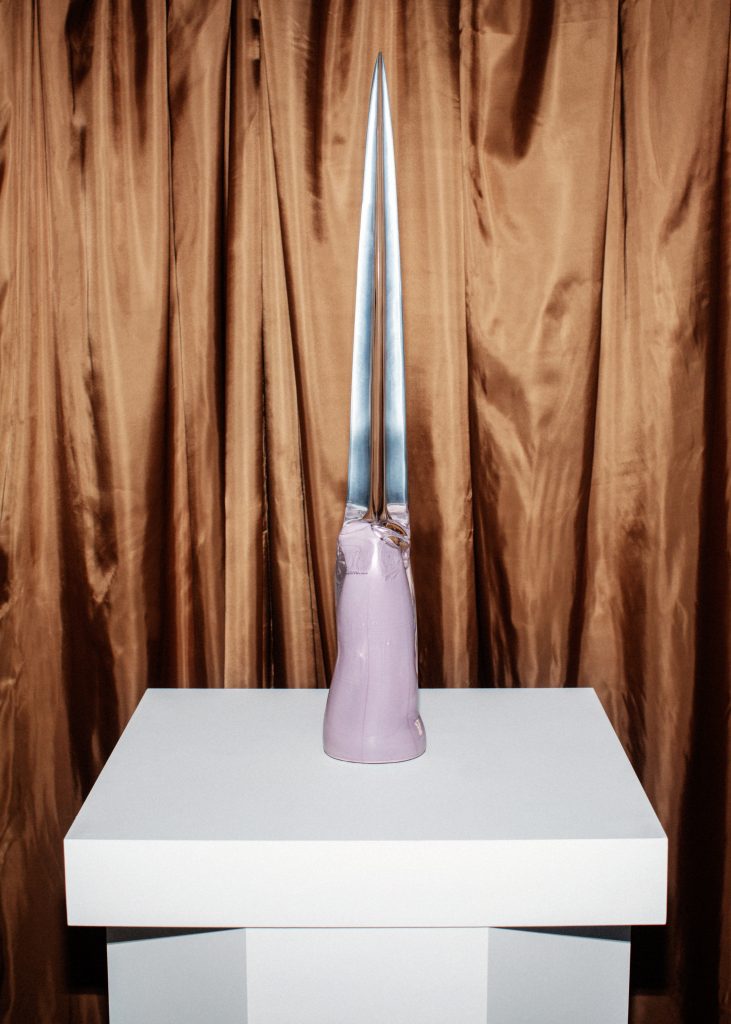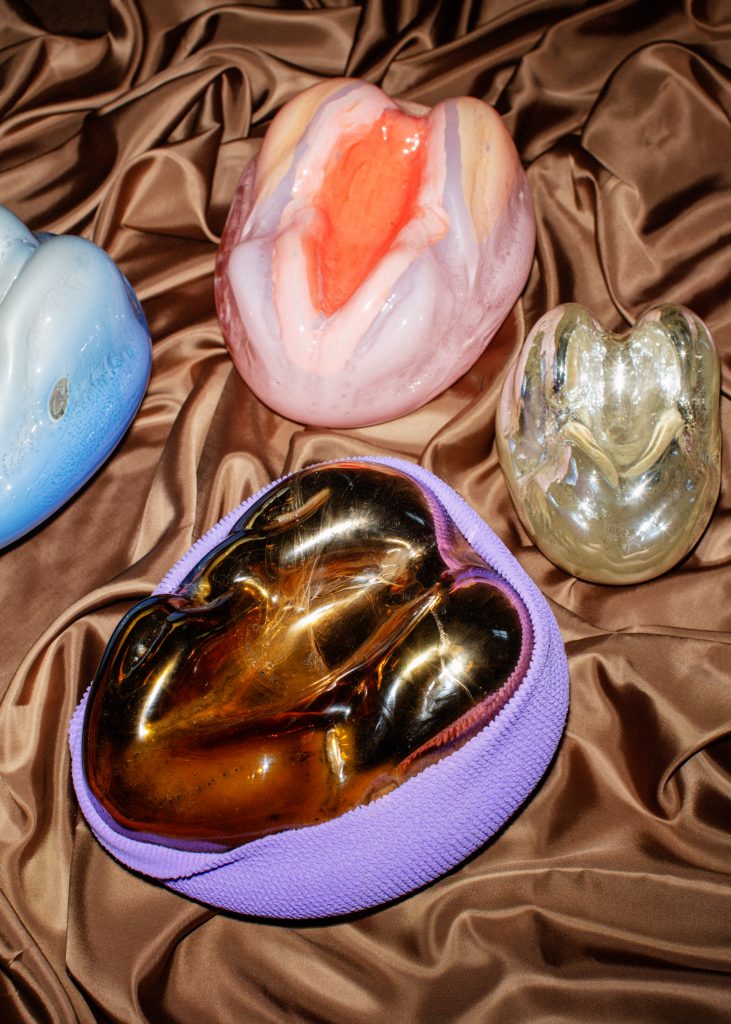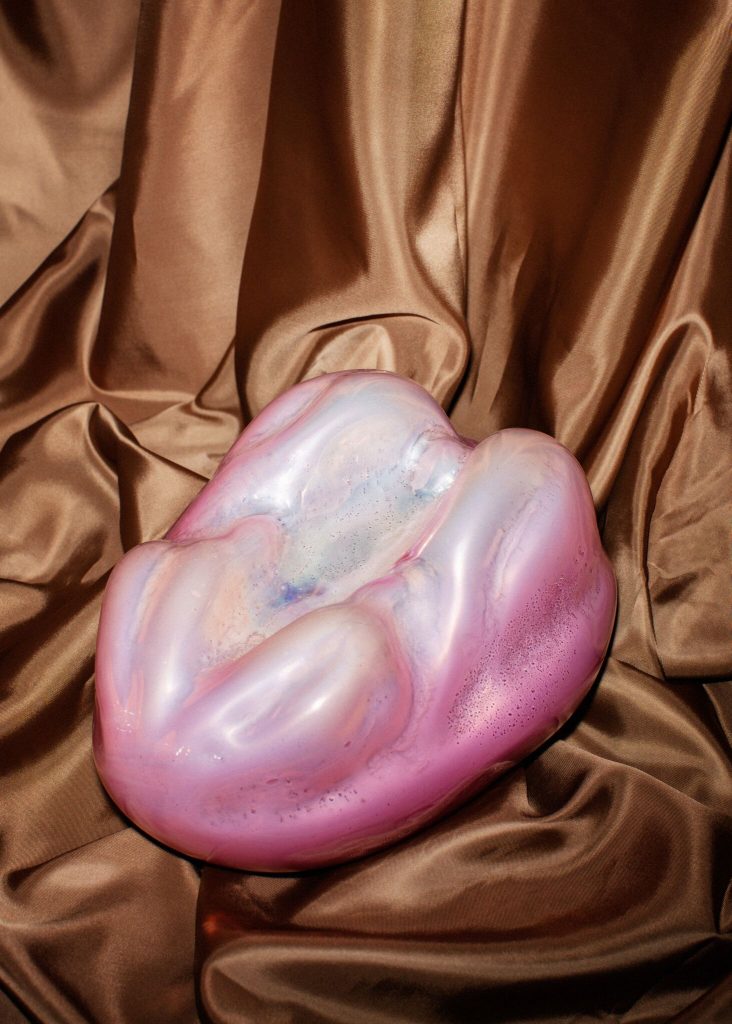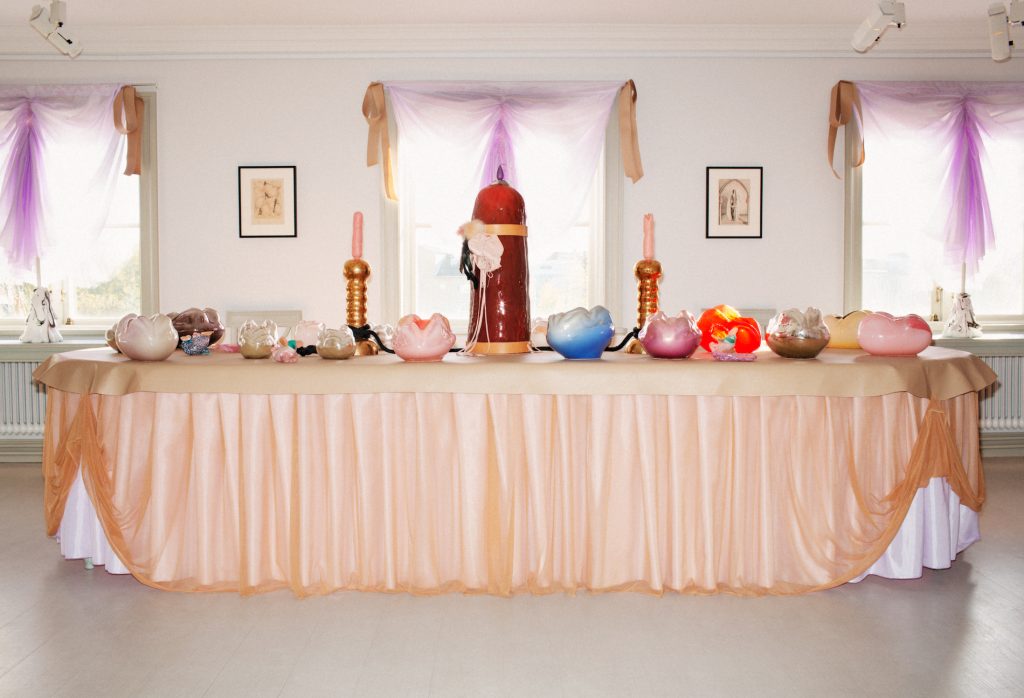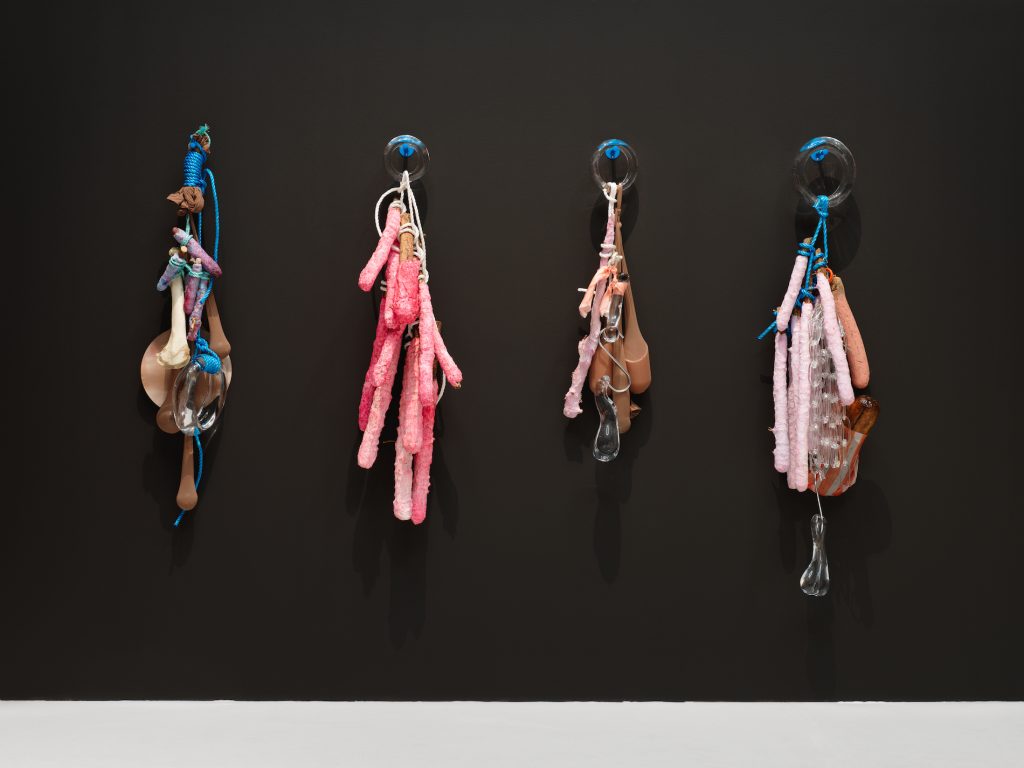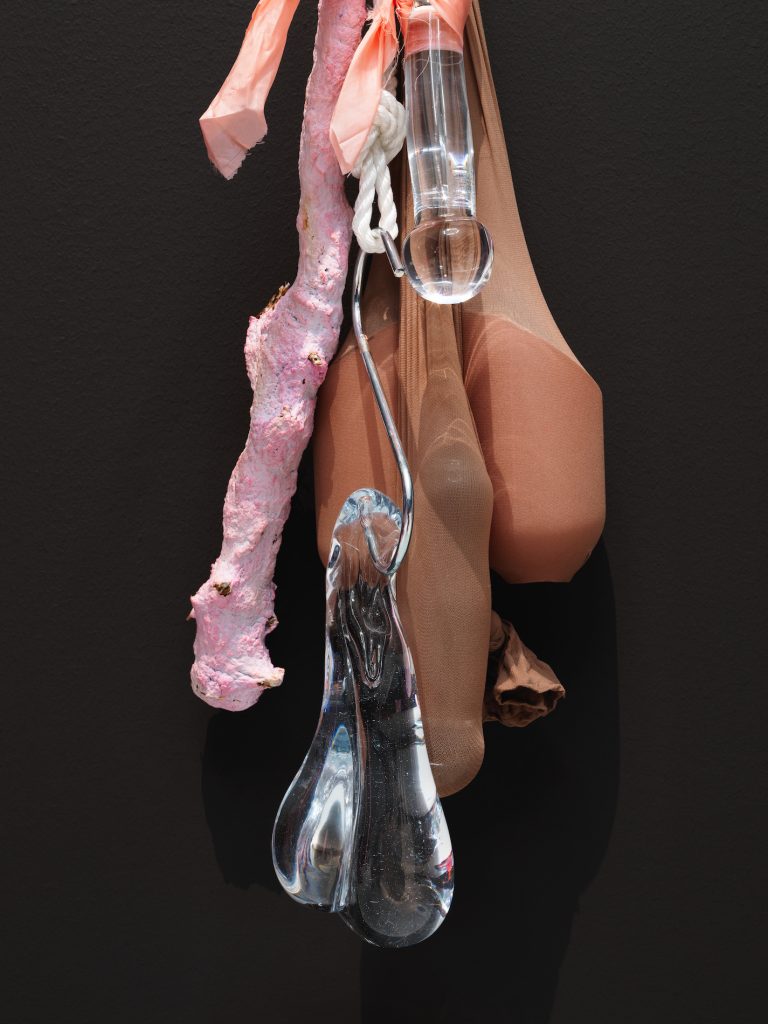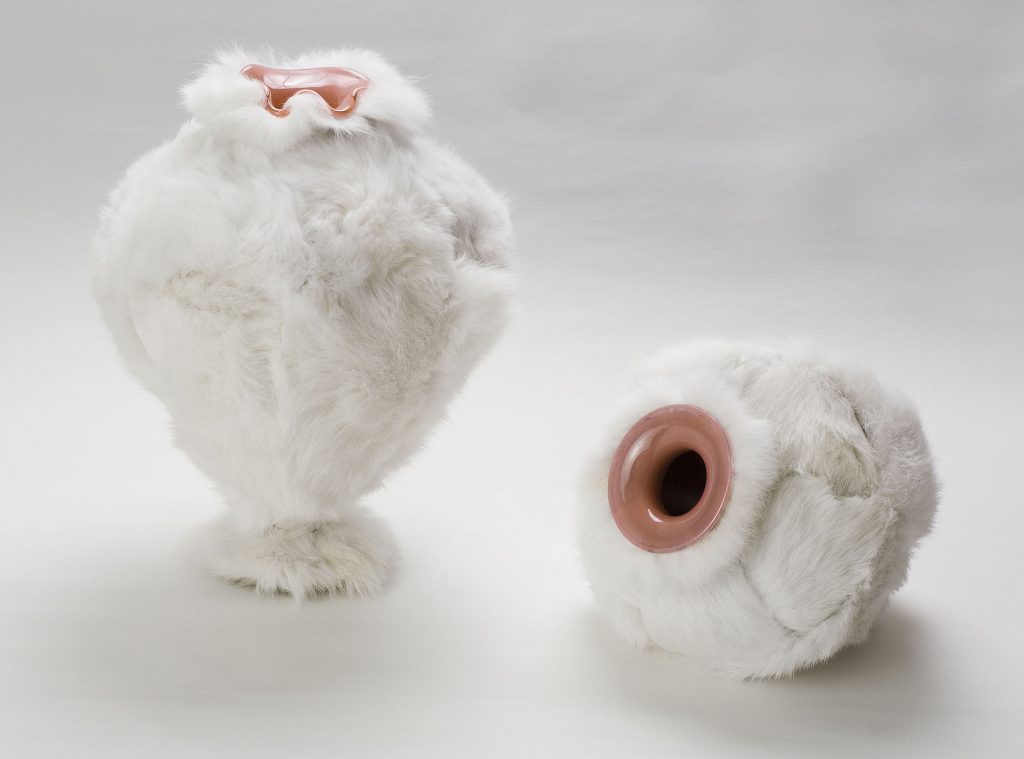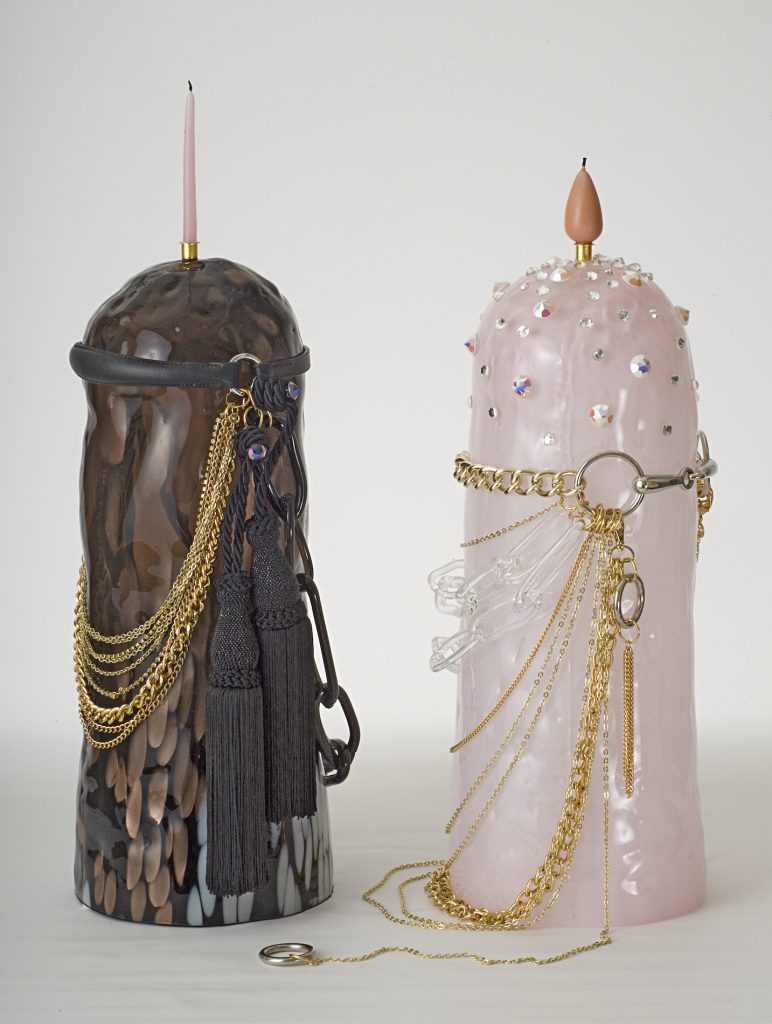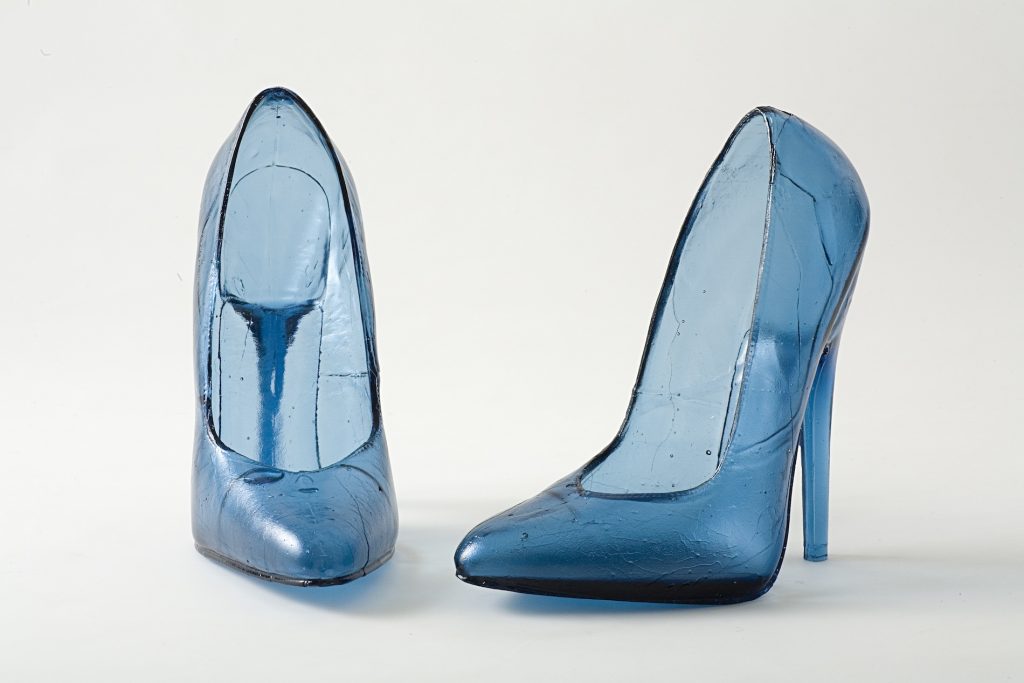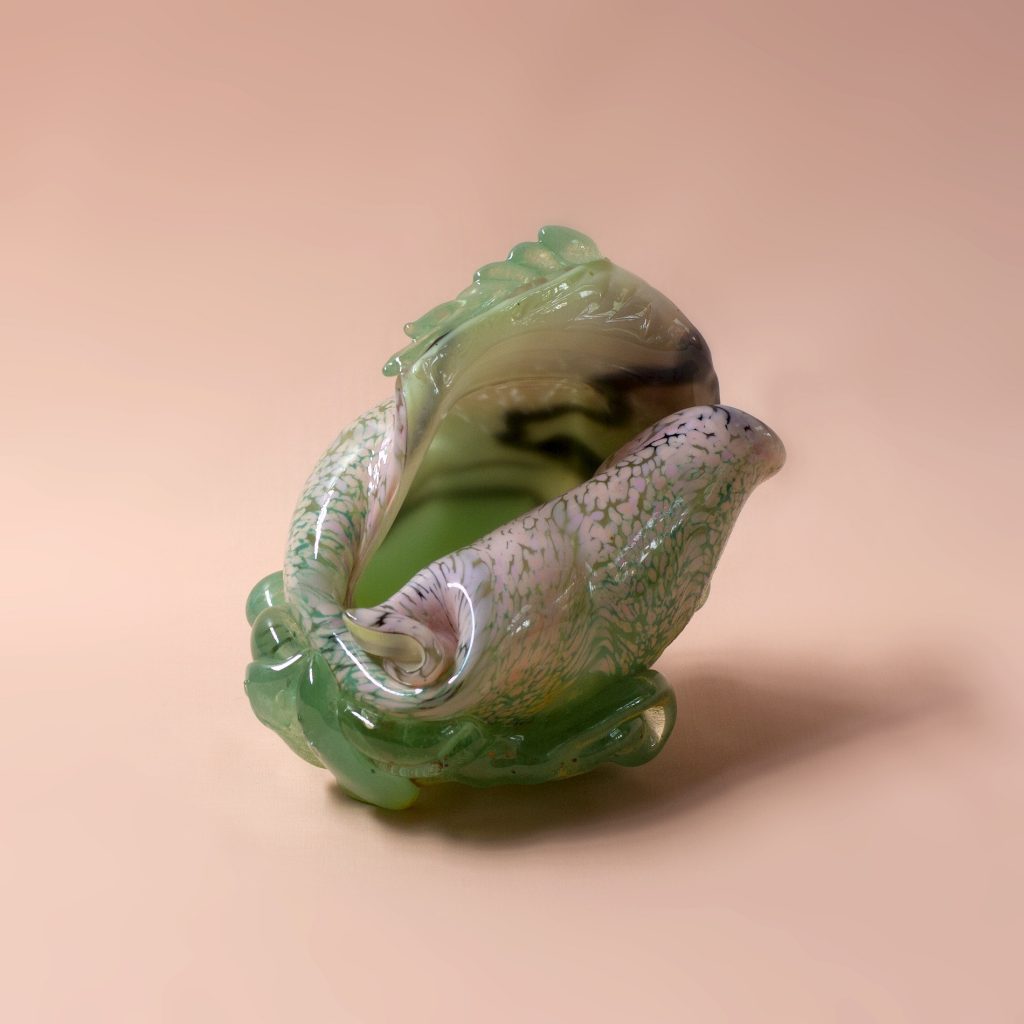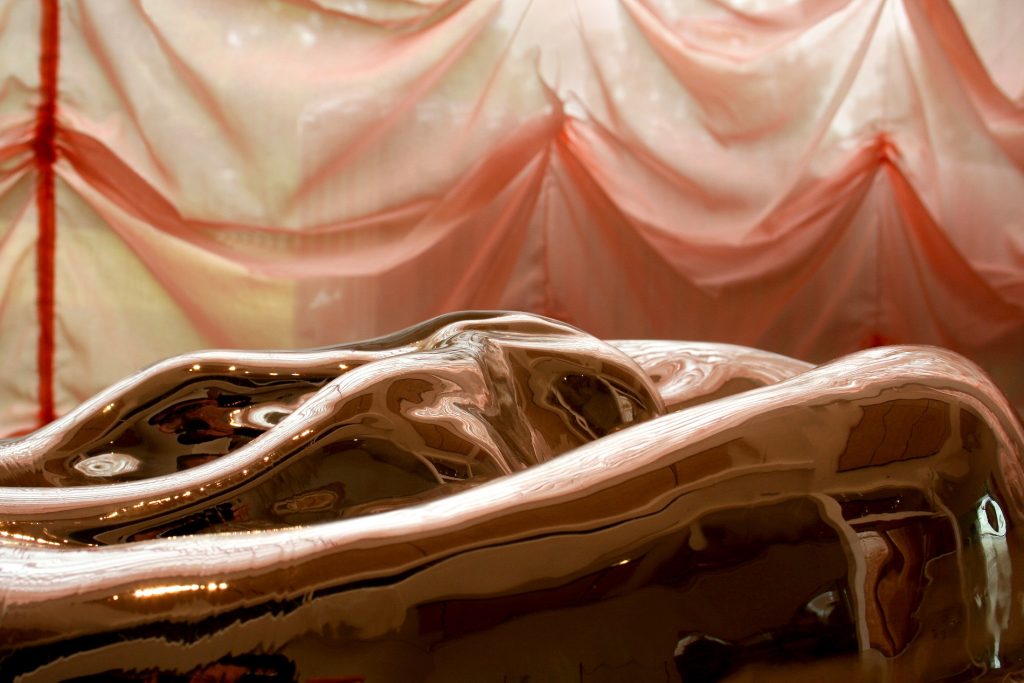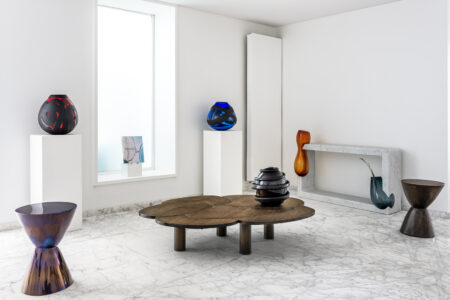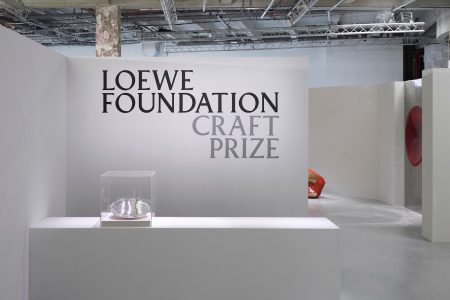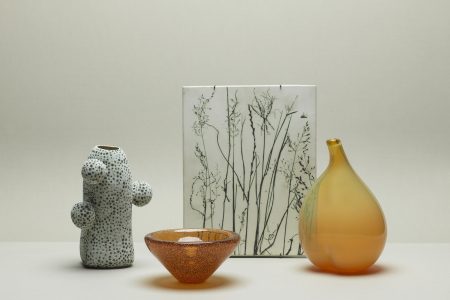Åsa Jungnelius: Rethinking Relations
TLmagazine speaks to visual artist Åsa Jungnelius in light of the uncomfortable circumstances caused by the COVID-19 outbreak. Especially now, her methodology and materialization sparks interesting perspectives and discussions.
Swedish visual artist Åsa Jungnelius is widely known for her playful and colorful work, with critical undertones concerning relations. TLmagazine speaks to Jungnelius in light of the uncomfortable and unusual circumstances caused by the COVID-19 outbreak. Especially now, her methodology and materialization sparks interesting perspectives and discussions.
TLmag: So first of all, as I look through your work, I can see a lot of feminist elements. Seduction, beauty, even phallus shapes are recurring elements. I was wondering if you actually refer to your own work as feminist?
Äsa Jungnelius (AJ): I think feminism was fundamental to my earlier work, such as I like Your Hairstyle!. The work questioned what attributes gender ‘uses’, like hair, fake nails, lipstick, and high heels. The work was an attempt to reclaim these objects because back then, in the early 00s, these objects were frowned upon. I think it should not matter how an individual defines themselves. I see these objects as an important tool for everyone, and they should be used in the way one wants.
My work during this time maybe had something people might see as an angry feminist voice. However, this is in contrast with the material of the work. Glass has a long tradition of being nice polite and beautiful. I feel that the conversation between the message and the medium gave my artistic career a voice.
TLmag: I was wondering about care, which is a phenomenon that is increasingly more talked about as a feminist phenomenon. Could you elaborate on the connection between your choice of medium and care?
AJ: It is true, you need to be careful when working with glass. I also see the material as a myth. The object can be broken easily, which means one has to start over again. The construction of the objects I make are essential to it because I use what it represents. In this sense, I would say there is another construction of meaning that takes place between a group of people in the society, or the whole society.
In the way I presented it, with glossy shopping windows and fluffy pink curtains is also a way of working with people’s desire. A desire without the ability to actually reach it. That work actually has many feminist layers, which was my departure point for the works and projects that followed. I don’t speak much about my feminist statements, but its always there. I feel like I internalized it.
TLmag: I see that you work a lot around and with relations in different forms. Could you talk about how you see relations as an important element in the Western world?
AJ: I believe social relations are essential in our lives. How we interact and connect with materials and space is key to my work. In this sense, human relations are as important as the material perspective.
In my work, relations are integrated into different formats. For example, I could use a table setting as the social act where you eat and drink together. If I include functional everyday objects everyone understands what the setting represents.
However, making work in situations where people are present is the best position. Outdoor, or with public commissions. In these situations, you have to include the people that are living there. In this situation, I will start by making relations with people that live and have experience from that site, place or situation. For me, the body and the relations that are connected to it are part of the material I use. It is indispensable, the relations form the work and even instigate change.
TLmag: It feels strange not to acknowledge the extraordinary situation we are in now, the COVID-19 crisis, which heavily influences our daily social relations. Could you share your perspective with us?
AJ: It is too early to know how I, as an artist, should interact with this crisis. Personally, I spend more time with myself in the studio, as I’m practicing social distancing. This means I have very little social contact with people, and as I see it, this is never going to work. What I mean is, as humans we cannot survive alone because we need one another.
We need each other as a group of people, which gives me hope that this crisis will make us more tolerant. I think the binary way of thinking has to stop. These are thoughts I have had for quite a while, and I think this situation makes us see this in a wider perspective. We have to be more open. In this sense, I believe we should care for each other more. It is impossible to avoid each other and lock ourselves in, as it proves itself as impossible. Perhaps we all need to rethink caring relations, and what these mean.
